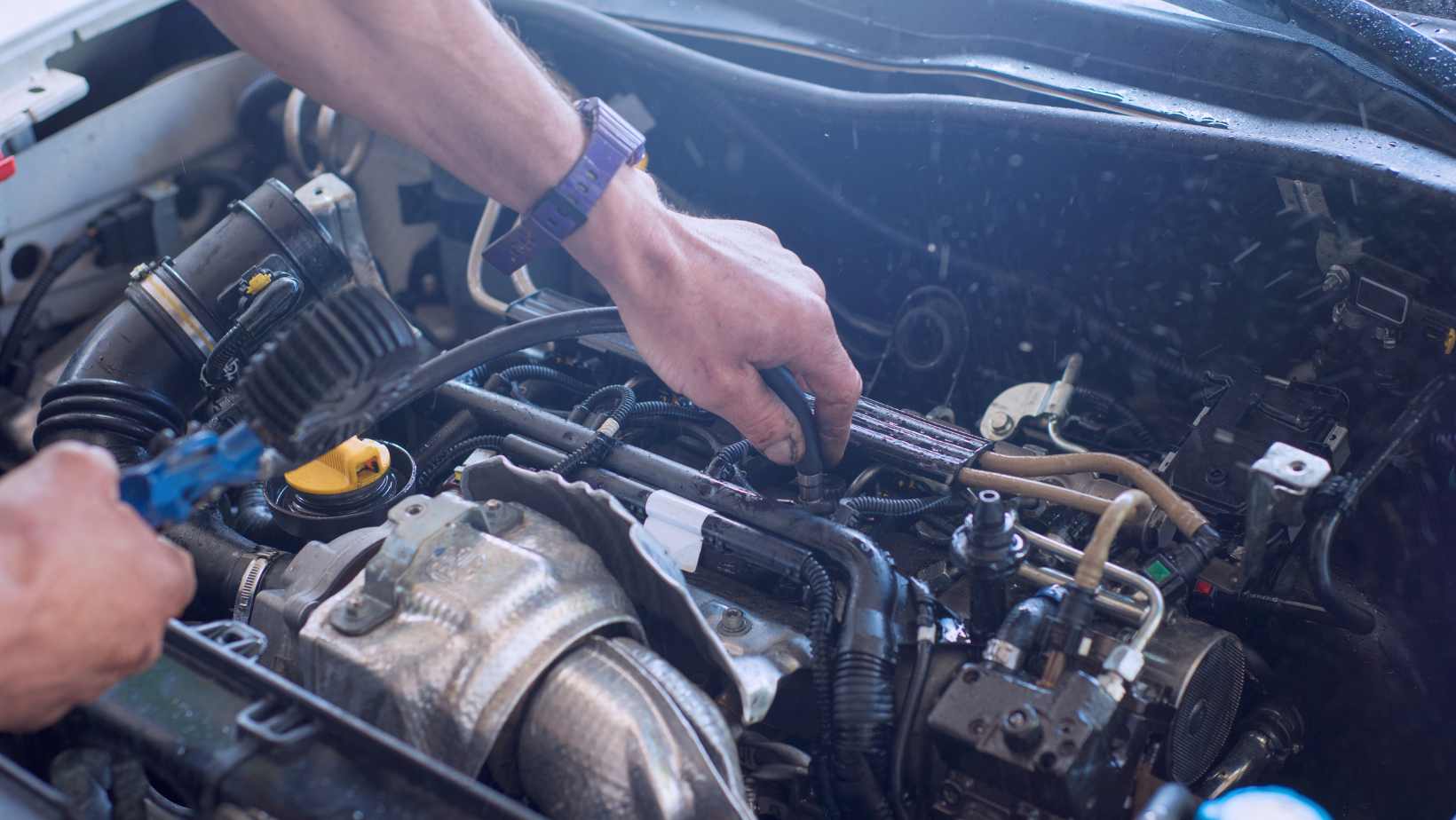Smart car repair is an innovative approach to vehicle maintenance that leverages advanced technologies to diagnose and fix automotive issues efficiently. With the rise of smart cars, which are equipped with sophisticated computer systems, traditional methods of repair have evolved to keep up with the changing landscape of the automotive industry.
Gone are the days when mechanics had to rely solely on their experience and manual inspections to identify problems in a vehicle. Smart car repair takes advantage of diagnostic tools and software programs that can quickly analyze data from sensors and onboard computers. This enables technicians to pinpoint issues accurately and make precise repairs, saving both time and money for car owners.
In addition to diagnostics, smart car repair also encompasses other aspects such as remote monitoring, predictive maintenance, and over-the-air updates. These features allow for proactive identification of potential problems before they escalate into major issues. Furthermore, remote monitoring enables technicians to access real-time data from a vehicle’s computer system, providing them with valuable insights without needing physical access.
Overall, smart car repair represents a significant advancement in the field of automotive maintenance. By utilizing cutting-edge technology and data analysis techniques, this approach ensures efficient repairs while minimizing downtime for drivers. As smart cars continue their rapid expansion in the market, embracing this innovative methodology will become increasingly crucial for anyone seeking reliable and effective solutions for their vehicles’ needs.
Smart Car Repair
Common Electrical Issues in Smart Cars
One of the most common smart car repair problems relates to electrical issues. These compact vehicles heavily rely on complex electrical systems for optimal performance. Unfortunately, this can lead to various malfunctions that require professional attention. Here are some commonly encountered electrical problems in smart cars:
- Battery Drain: Smart cars may experience unexpected battery drain due to faulty wiring or a malfunctioning component. This can result in frequent jump-starts and inconvenience for drivers.
- Faulty Sensors: Malfunctioning sensors can cause a range of problems such as incorrect readings from the fuel gauge, temperature gauge, or tire pressure monitoring system (TPMS). It’s crucial to address these issues promptly to avoid potential safety hazards.
- Flickering Lights: Dimming or flickering headlights, taillights, or interior lights are often attributed to wiring defects or faulty connections. Not only is this an annoyance for drivers, but it also compromises visibility and increases the risk of accidents.
To diagnose and fix these electrical issues accurately, it’s recommended to consult with a certified smart car technician who possesses expertise in troubleshooting intricate electrical systems.
Overheating Problems and Solutions
Another common issue faced by smart car owners pertains to overheating. The small size of these vehicles combined with their advanced technology requires efficient cooling mechanisms to prevent overheating-related breakdowns. Let’s explore some causes and solutions for overheating problems in smart cars:
- Coolant Leaks: Leaking coolant can lead to inadequate heat dissipation, resulting in engine overheating. Faulty hoses, gaskets, water pumps, or radiator caps are often responsible for coolant leaks.
- Thermostat Failure: A malfunctioning thermostat may cause the engine’s cooling system not to function optimally, leading to increased temperatures under prolonged use.
- Blocked Radiator: Accumulated debris, dirt, or foreign objects can obstruct the radiator’s airflow, reducing its cooling efficiency. Regular cleaning and maintenance of the radiator can help prevent overheating.
It’s important for smart car owners to regularly inspect their cooling systems and promptly address any signs of overheating to avoid costly repairs and potential engine damage.

Troubleshooting Engine Performance in Smart Cars
Maintaining optimal engine performance is crucial for a smooth driving experience in smart cars. However, there are certain issues that may arise over time. Let’s delve into some common engine performance problems encountered by smart car owners:
- Misfires: A misfiring engine can lead to reduced power, rough idling, or even stalling. Common causes include faulty spark plugs, ignition coils, or fuel injectors.
- Lack of Power: If your smart car feels sluggish or lacks power during acceleration, it could indicate issues with the air intake system, fuel delivery system, or exhaust components.
- Check Engine Light: The dreaded check engine light can illuminate due to various reasons such as a malfunctioning oxygen sensor, catalytic converter issues, or emission control system failures. It’s crucial not to ignore this warning and seek professional assistance promptly.
Regular maintenance that includes routine inspections of spark plugs, filters, and fluids can help prevent these engine performance problems from escalating further.
Remember that while these are common smart car repair problems faced by many owners, each vehicle is unique and may have specific issues arising from individual usage patterns and maintenance habits. Title:








































